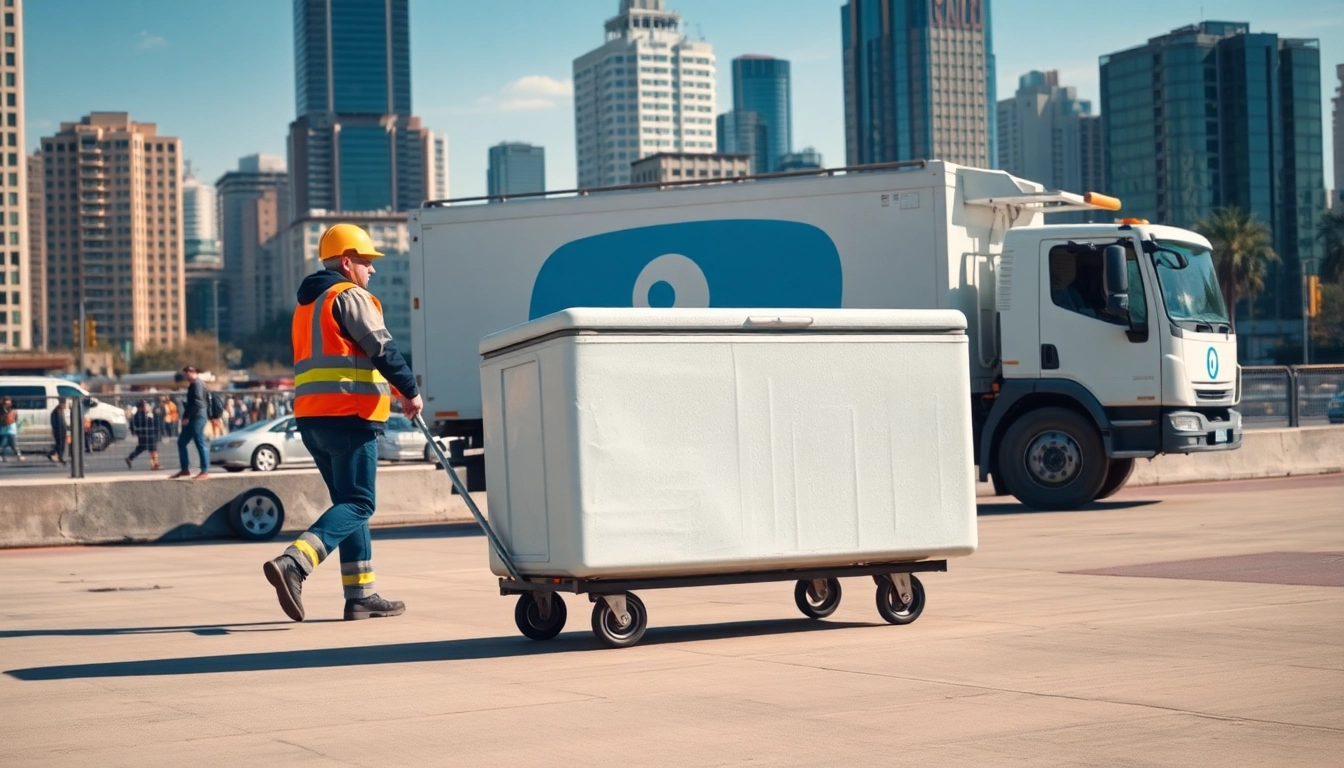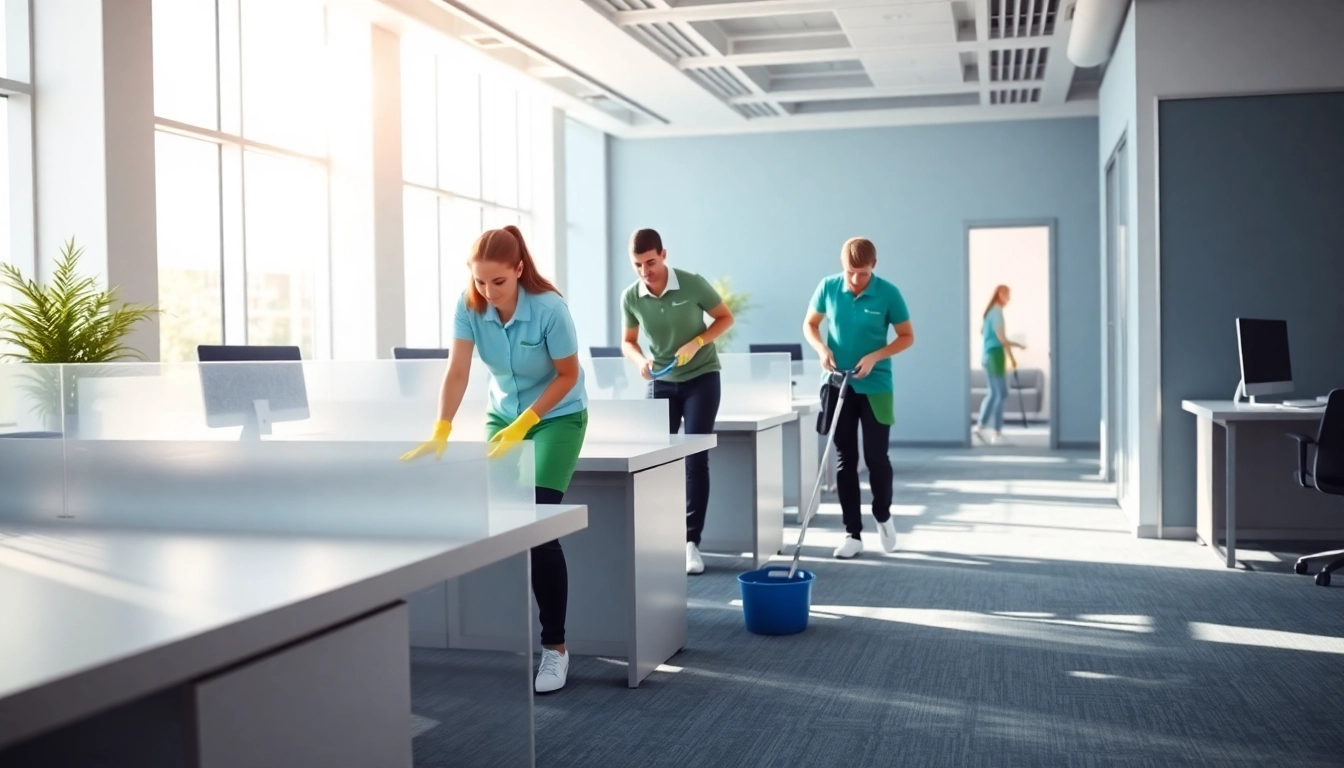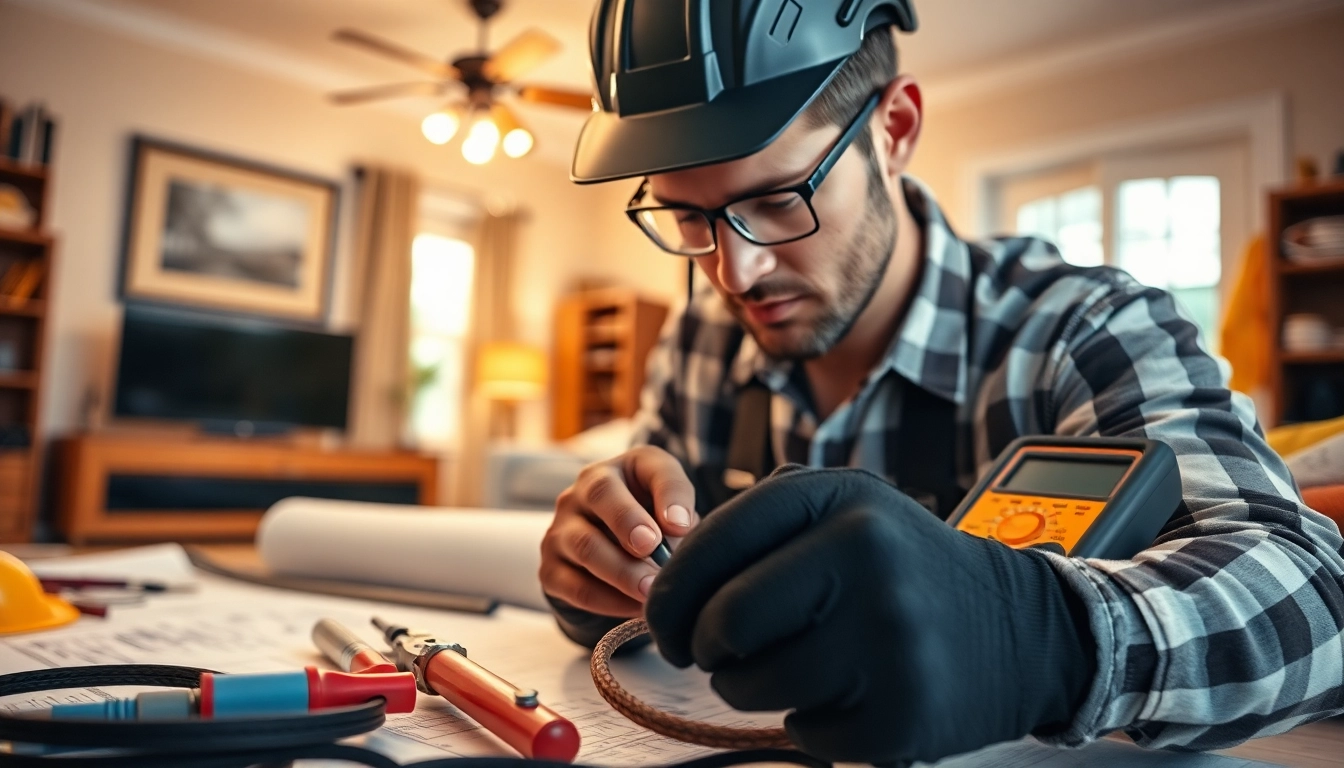Understanding Freezer Collection, Removal, and Disposal
What Is Freezer Collection, Removal, and Disposal?
Freezer collection, removal, and disposal is a specialized process designed to efficiently and safely eliminate old or non-functional freezers. This service typically involves assessing the unit’s condition, preparing it for removal, transporting it for appropriate disposal, and ensuring that any hazardous materials are handled in compliance with environmental regulations. The process aims to mitigate environmental impact and facilitate the sustainable management of large appliances, ensuring that they are dealt with responsibly.
The process starts with an evaluation to determine the type and condition of the freezer, followed by a collection that aims to navigate logistical challenges such as weight and access. The final disposal might involve recycling components such as metals and plastics, minimizing landfill waste, and adhering to local regulations on hazardous materials.
The Importance of Responsible Disposal
Responsible disposal of freezers is crucial for several reasons. Firstly, old freezers can contain harmful chemicals like refrigerants, which may contribute to ozone depletion if not disposed of properly. Moreover, heavy appliances generate significant amounts of electronic waste, which can leach toxic substances into the environment if placed in landfills.
Additionally, responsible disposal practices support recycling efforts, promoting the recovery of valuable materials from old appliances. This not only conserves resources but also reduces the energy consumption associated with producing new materials. By choosing an efficient Freezer Collection, Removal, and Disposal service, you ensure that your old appliance is handled ethically and sustainably, positively impacting your community and the planet.
Common Misconceptions About Freezer Disposal
There are several misconceptions about freezer disposal that can lead to improper handling of these appliances. One of the most prevalent falsehoods is that freezers can simply be discarded with regular trash. In reality, many regions have specific regulations mandating that appliances containing refrigerants must be handled by professionals equipped to deal with these materials safely.
Another common belief is that recycling or donating old freezers is always an option. However, not all units are suitable for donation due to their age or condition. They may also be costly to repair, leading owners to neglect responsible disposal. It’s essential to assess the practicalities before deciding. Lastly, some individuals believe it’s too costly or complicated to hire a professional service. In fact, investing in an expert disposal service can save time and prevent potential fines associated with improper disposal.
Steps in the Freezer Collection Process
Initial Assessment and Pricing
The first step in the freezer collection process involves an initial assessment to evaluate the unit’s condition and determine the removal strategy. During this assessment, professionals will check for any hazardous materials and calculate the associated costs. Understanding the pricing structure is crucial, as it can vary based on size, condition, and accessibility.
Factors that influence pricing may include:
- Type and size of the freezer
- Accessibility to remove the unit (e.g., tight stairways or narrow doors)
- Hazardous materials present in the appliance
- Local regulations and disposal fees
Providing detailed information about your freezer can facilitate a more accurate estimate, allowing you to make informed decisions about the disposal service you choose.
Preparing for Freezer Removal
Once you’ve agreed on the terms and pricing with your disposal service, the next step focuses on preparing for removal. Proper preparation involves several key tasks:
- Emptying the Freezer: Before collection, ensure that all food and any remaining items are removed from the freezer. This not only makes the appliance lighter but also helps prevent spills or contamination.
- Defrosting: If your freezer is not frost-free, defrosting it ahead of time can be beneficial. This can reduce the weight and ensure that the removal process is cleaner.
- Disconnecting Power Supply: Safely unplugging the appliance is essential to avoid any electrical hazards. In some instances, professional handlers may take care of this aspect.
Communicating with the collection service about any potential challenges in your home setup can prepare them for the effective removal of the freezer.
Transportation and Disposal Methods
After successful removal from your premises, the transportation process begins. The choice of transportation is crucial to ensure safe and efficient handling of the freezer. Depending on the service, this could involve a traditional truck or specialized vehicles designed for large appliances.
Disposal methods can vary significantly based on local regulations and environmental practices. Common disposal routes include:
- Recycling Centers: Many components, such as metal and plastic, can be recycled, keeping them out of landfills.
- Hazardous Waste Facilities: Units that contain harmful materials must be processed in specialized facilities designed to handle toxic substances responsibly.
- Donation: In cases where freezers are still operational, they may be donated to community organizations, provided they meet safety regulations.
Each method ensures that the disposal process adheres to environmental guidelines, maintaining a commitment to sustainability.
Eco-Friendly Practices in Freezer Disposal
Recycling Components of Old Freezers
Recycling is a vital practice in the soul of eco-friendly freezer disposal. Old freezers contain a multitude of components that can be salvaged and repurposed. Some prominent recyclable elements include:
- Metals: Steel and aluminum are commonly found in freezer constructions and can be melted down to produce new materials.
- Glass: Shelving and certain components may incorporate glass, which can also be recycled effectively.
- Plastic: Various plastic parts, from door handles to insulation, can be recycled, reducing overall waste.
Sustainable disposal services prioritize the recovery of these materials, often collaborating with specialized recyclers to ensure that the environmental impact of disposal is minimized.
Minimizing Environmental Impact
Minimizing environmental impact entails a multi-faceted approach to freezer collection and disposal. Utilizing local services can reduce transportation emissions, while also fostering community involvement. Additionally, employing eco-friendly methods, such as using trucks that run on alternative fuels or incentivizing the recovery of refrigerants, can further lessen the carbon footprint of disposal operations.
Moreover, public education plays a vital role in raising awareness about responsible freezer disposal practices. When communities are informed about the environmental impacts, they are more likely to seek sustainable solutions.
Choosing Sustainable Disposal Services
Selecting a sustainable disposal service involves researching potential providers to ensure they adhere to eco-friendly practices. Look for companies that:
- Utilize ethical disposal methods that comply with local regulations
- Prioritize recycling and recovery of materials from old appliances
- Have transparency in their disposal processes, including how they handle hazardous materials
By partnering with responsible disposal providers, you can rest assured that your old freezer will be handled in a manner that is both environmentally conscious and legally compliant.
Challenges You May Encounter
Heavy Lifting and Accessibility Issues
One of the main challenges in the freezer removal process is dealing with the heavy lifting involved. Freezers can be cumbersome and awkwardly shaped, making them difficult to maneuver out of residential spaces. Accessibility issues may arise from narrow hallways, staircases, or doorways that impede removal efforts. Ensuring proper planning and execution can mitigate these challenges.
Professional services often have the tools and experienced personnel necessary to handle heavy appliances safely. They may use dollies, ramps, or even cranes, depending on the situation. It’s vital to communicate any potential obstacles to ensure the service can prepare an effective removal strategy.
Regulations and Compliance Factors
Understanding and adhering to regulations around freezer disposal is critical. Many regions have specific laws governing the handling of appliances that contain hazardous materials. For example, refrigerants must be properly evacuated and disposed of to prevent environmental damage.
Failure to comply with these regulations can result in penalties, making it essential to choose a service that is knowledgeable about local laws and can ensure compliance. Ensuring that the service provider is licensed and certified can help safeguard against any legal issues that might arise during the disposal process.
Unexpected Costs and Budgeting
Unexpected costs can pose problems for individuals planning freezer collection and disposal. While initial quotes may seem reasonable, hidden fees may emerge related to the accessibility of the removal site or additional services required during the process.
To avoid surprises, it is wise to ask for a detailed breakdown of costs at the outset. Inquire about potential charges and clarify what is included in the service. Having a realistic budget that accounts for unforeseen expenses can aid in effective financial planning for your disposal needs.
Finding the Right Service for Your Needs
What to Look for in a Disposal Service
Selecting the right disposal service is essential to ensure your freezer collection, removal, and disposal is smooth and hassle-free. Essential qualities to look for include:
- Experience: Choose a company with a proven track record in appliance disposal, as this ensures that they are familiar with the necessary processes and can handle the job efficiently.
- Certification: Verify that the service is licensed and familiar with local regulatory standards.
- Eco-Friendly Practices: Ensure the company emphasizes sustainability and proper recycling methods in their disposal practices.
Customer Reviews and Recommendations
Customer reviews provide valuable insights into a service’s reliability and quality. Look for feedback on platforms that allow for comprehensive reviews and ratings. Recommendations from friends or family members can also guide you towards trustworthy disposal services that meet your specific needs.
Analyzing both positive and negative reviews helps build a complete picture of what to expect from a particular provider, making you more informed when making a decision.
Comparing Costs and Services
Finally, it’s crucial to compare costs and services among different disposal companies. Not only should you look for competitive pricing, but also the range of services provided. Some companies may offer additional perks, such as same-day service or extra assistance with packing and transport.
When comparing quotes, consider the overall value each service provides rather than just the price. This holistic approach ensures that you choose a provider that not only fits your budget but also meets your disposal needs effectively.



